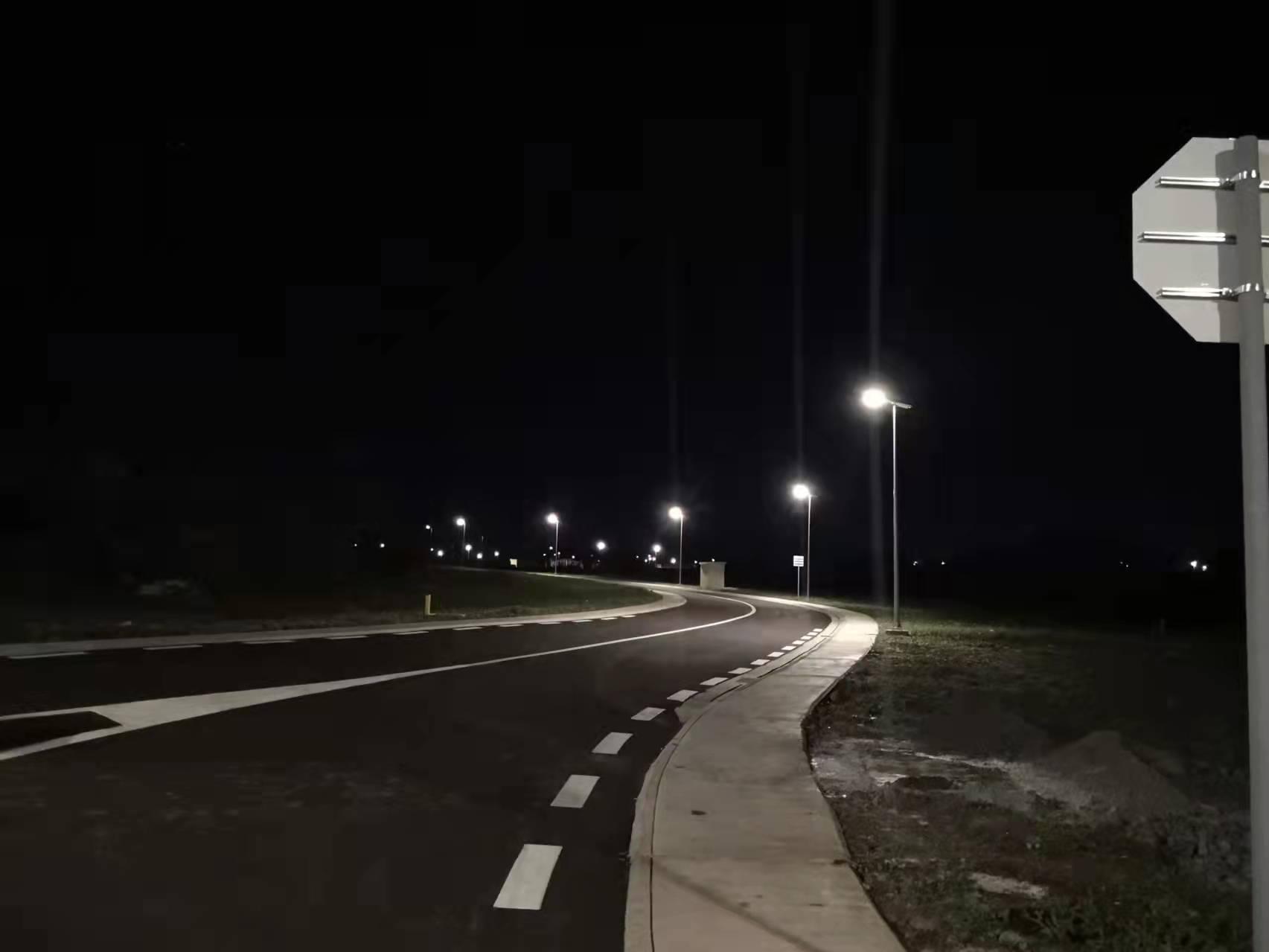Table of Contents
Designing and Calculating a Solar Street Light System
Solar street lights are a sustainable and cost-effective way to light up streets, parking lots, and other public areas. They use photovoltaic cells to convert sunlight into electricity, which is stored in batteries and used to power LED lights at night. In this article, we will guide you through the process of designing and calculating a solar street light system.
Step 1: Determine Your Lighting Needs
The first step in designing a solar street light system is to determine your lighting needs. This includes the amount of light required, the area that needs to be lit up, and the number of hours that the lights need to be on each night. Once you have this information, you can calculate the wattage required for your LED lights.
Step 2: Choose Your Solar Panels
The next step is to choose your solar panels. The size of your solar panel will depend on how much energy you need to generate each day. You should also consider the climate in your area when choosing your solar panels.
Step 3: Select Your Battery
Your battery is an important component of your solar street light system. It stores the energy generated by your solar panels during the day so that it can be used at night. You should choose a battery with enough capacity to power your LED lights for the required number of hours each night.
Step 4: Determine Your Charge Controller Size
Your charge controller regulates the amount of energy that goes from your solar panels to your battery. You should choose a charge controller with enough capacity to handle the amount of energy generated by your solar panels.
Step 5: Calculate Your Wiring Needs
You will need wiring to connect all components of your solar street light system together. You should calculate how much wiring you need based on the distance between components and the voltage drop over that distance.
Step 6: Install Your Solar Street Light System
Once you have designed and calculated your solar street light system, it’s time to install it! Make sure that all components are properly connected and secured before turning on power.
By following these steps, you can design and calculate a reliable and efficient solar street light system for any public area.

solar led street lighting